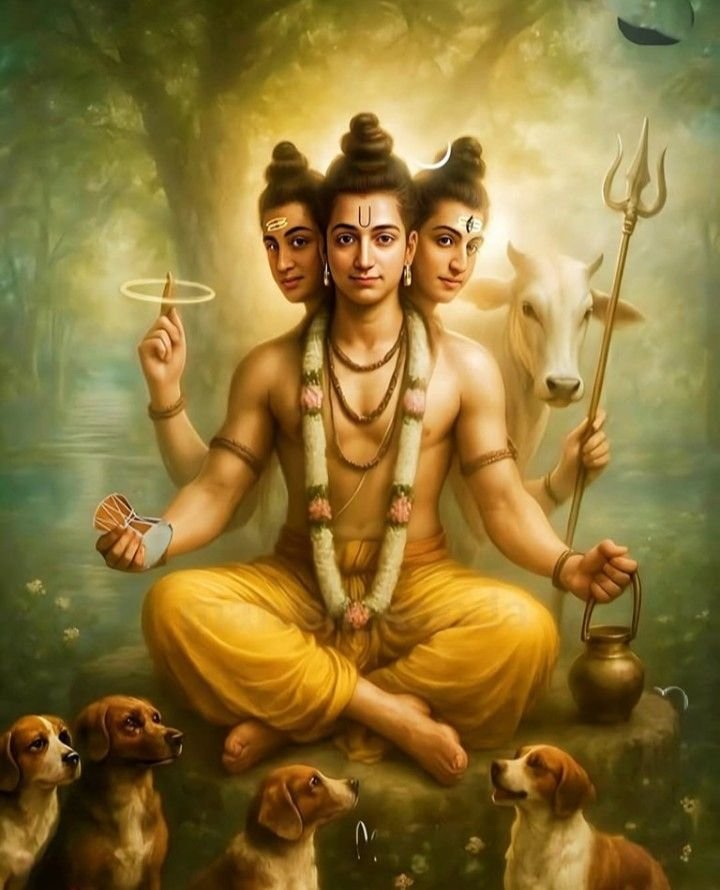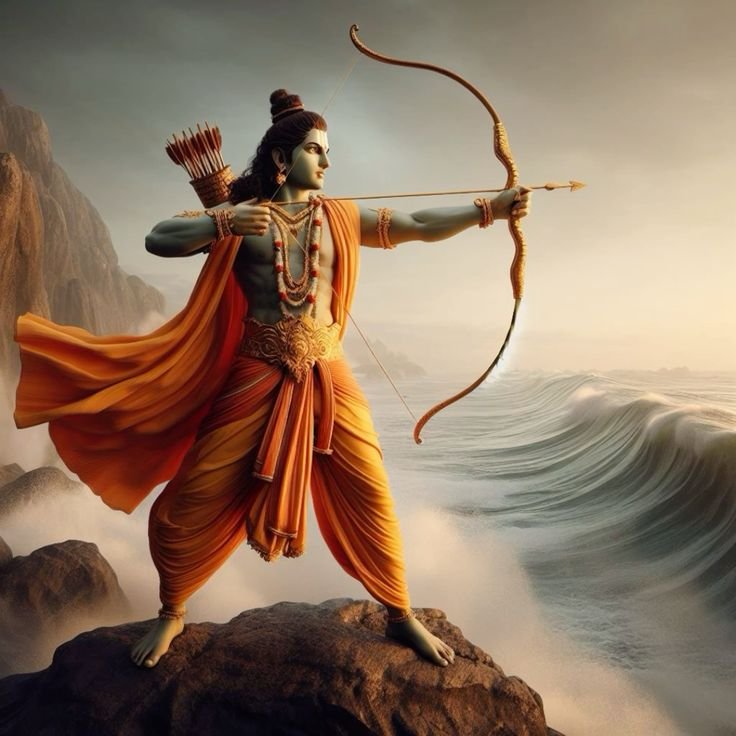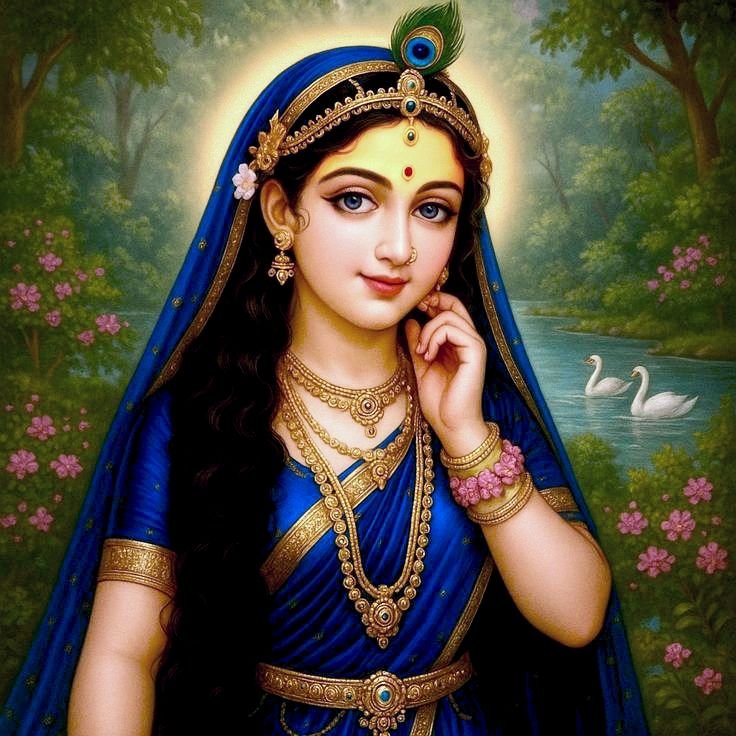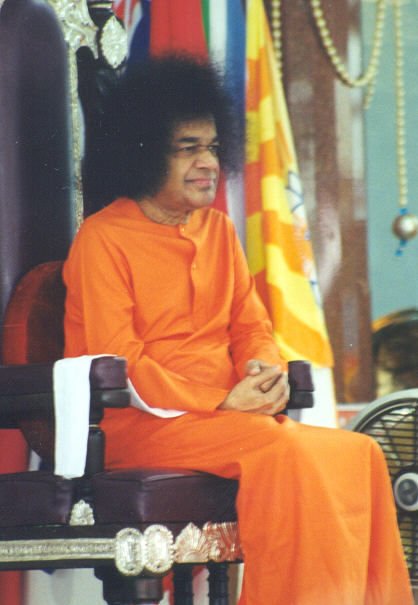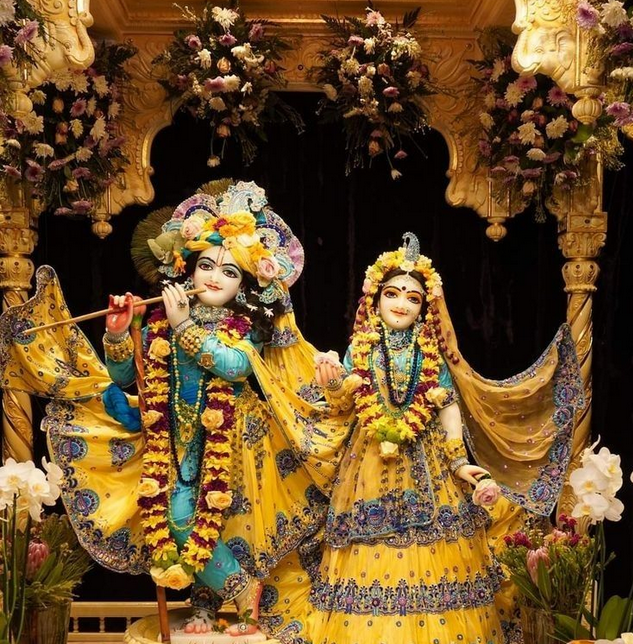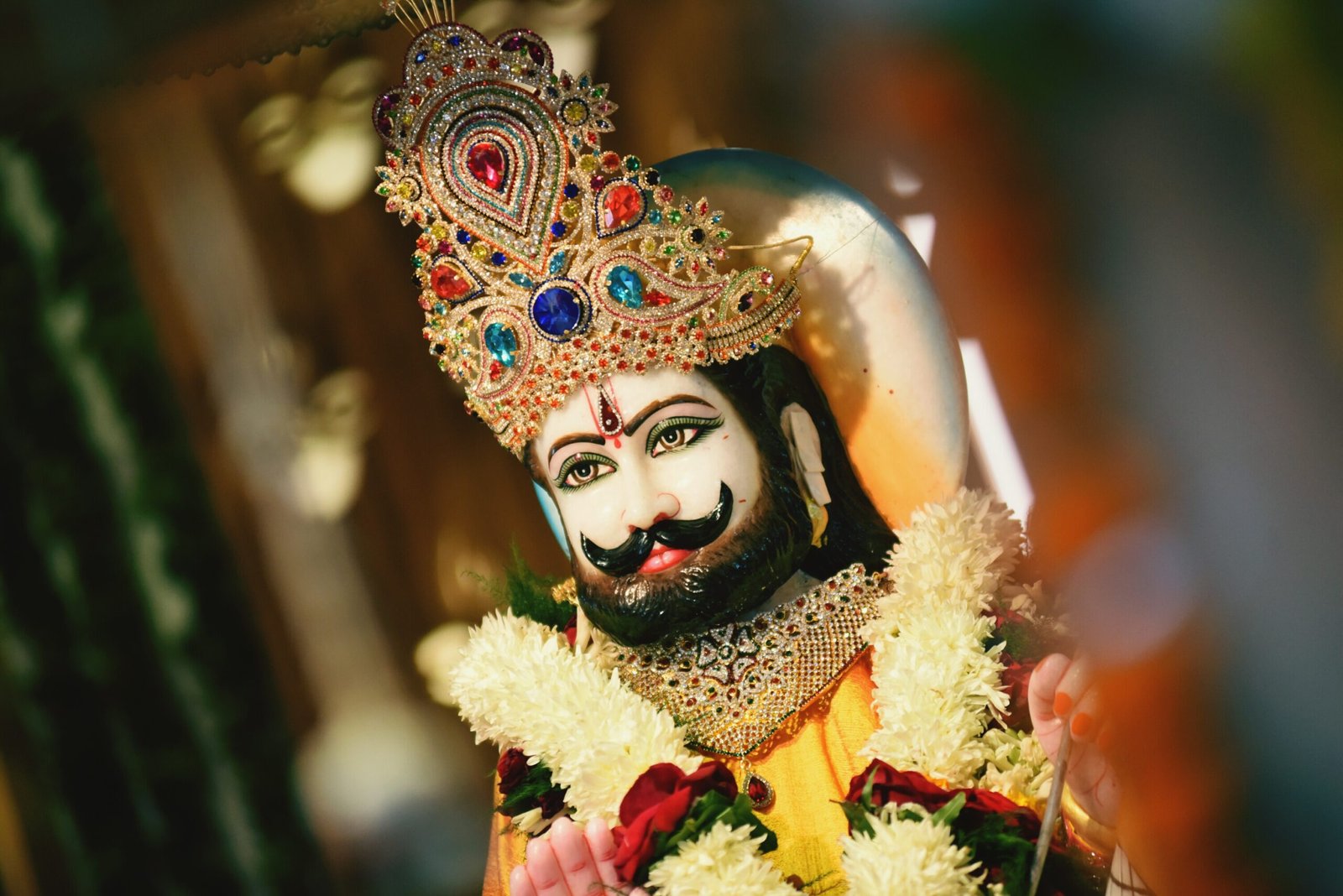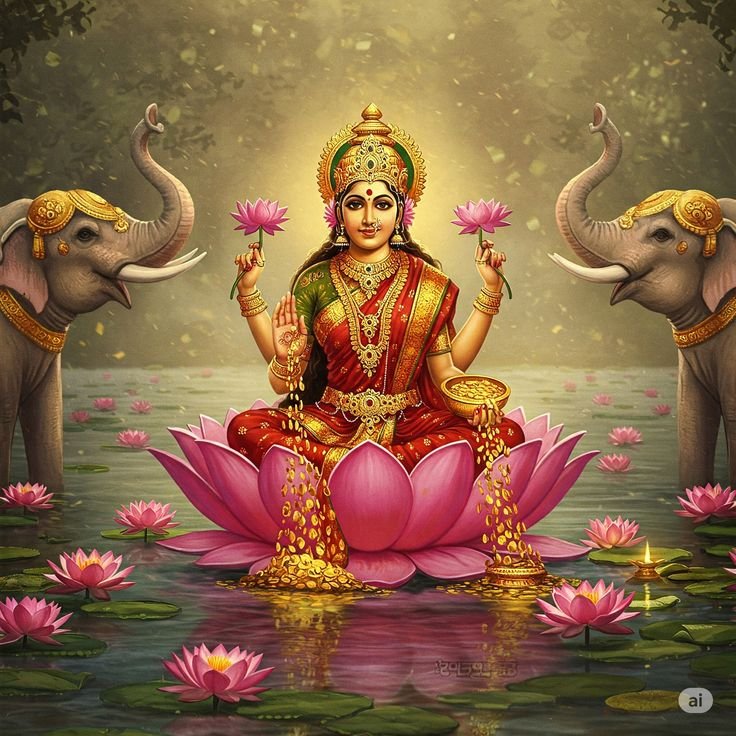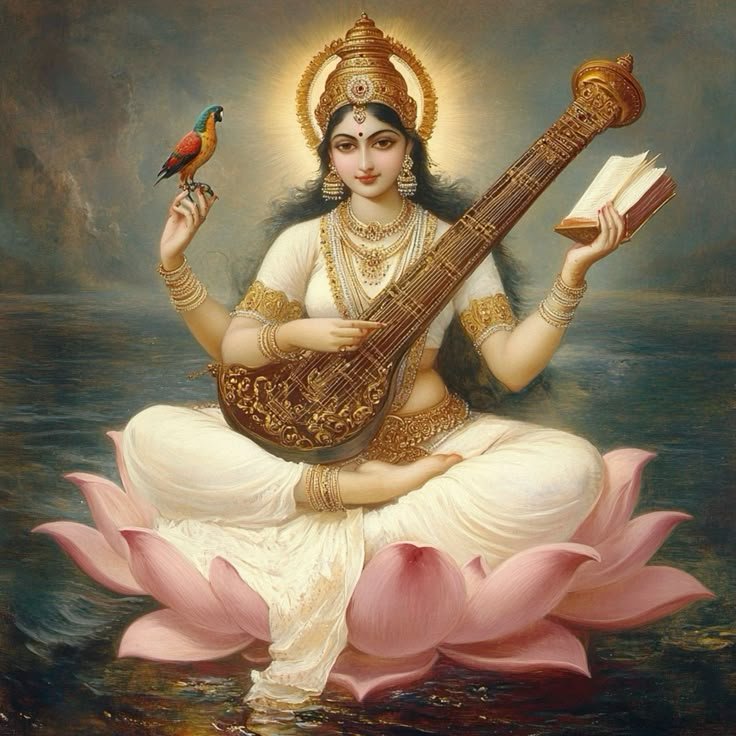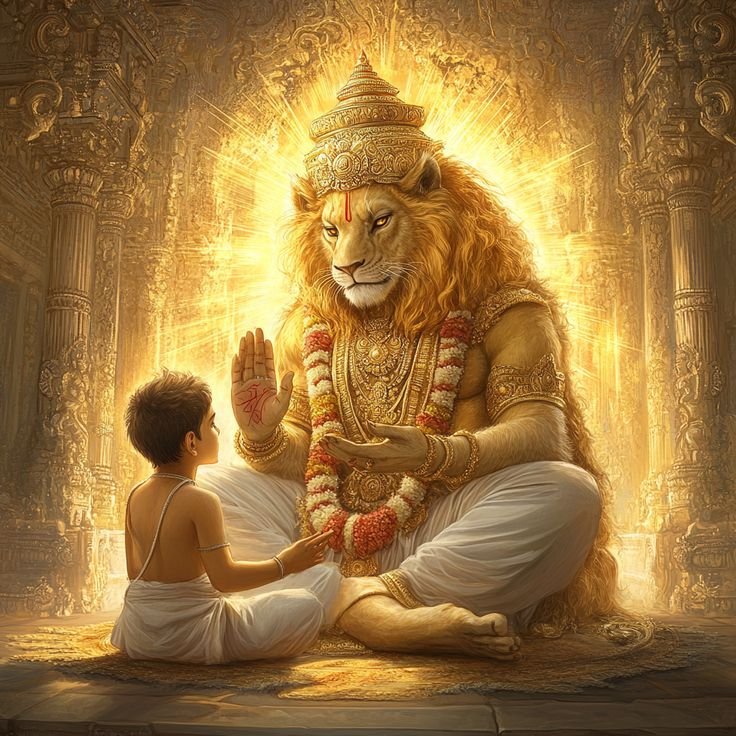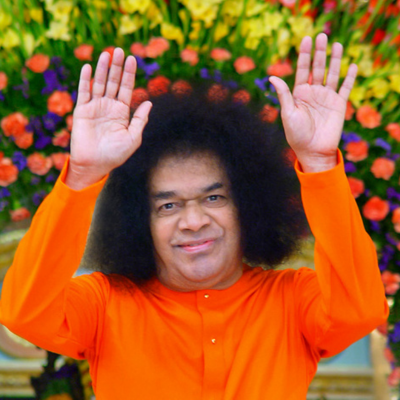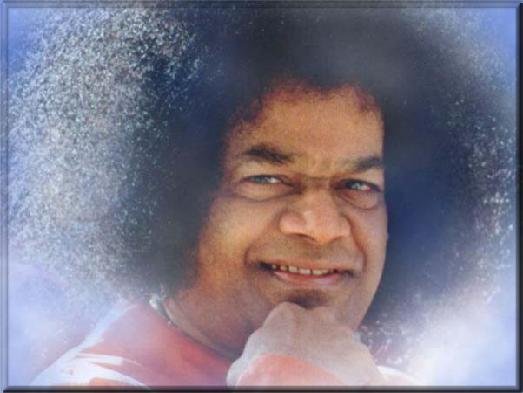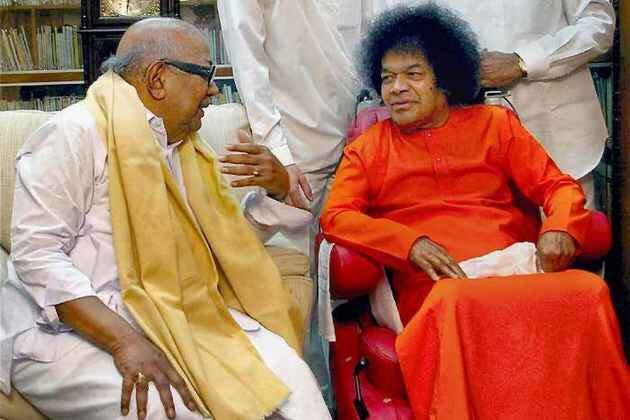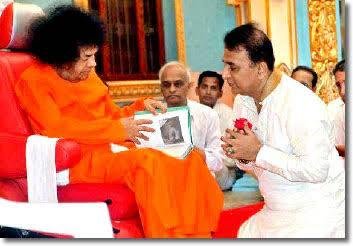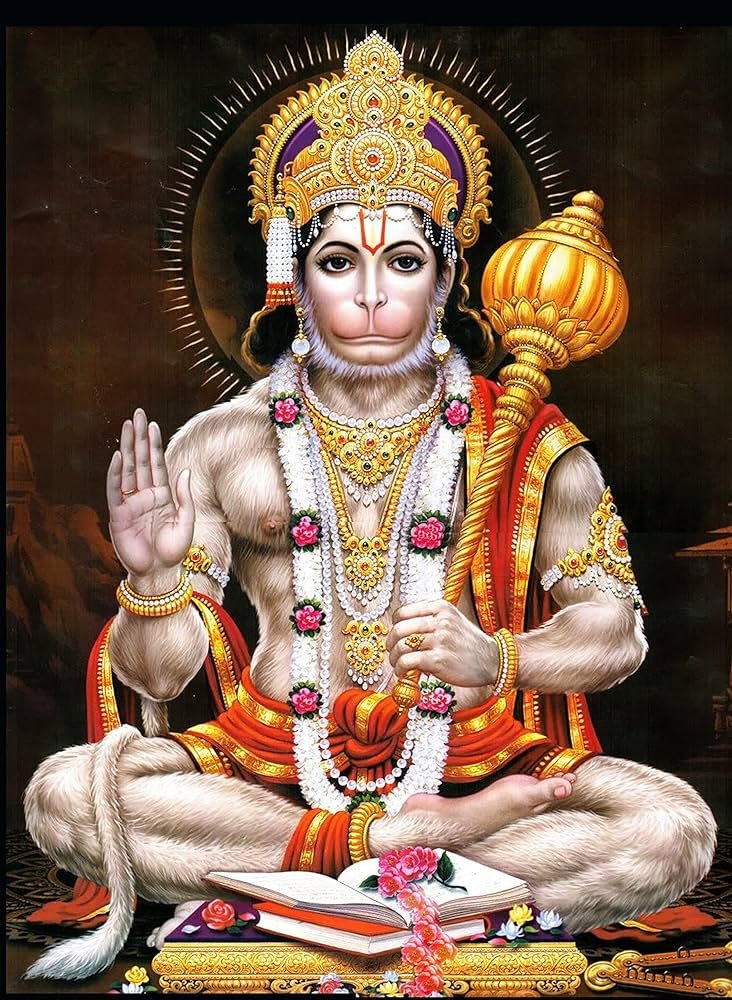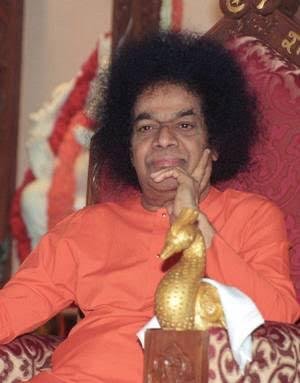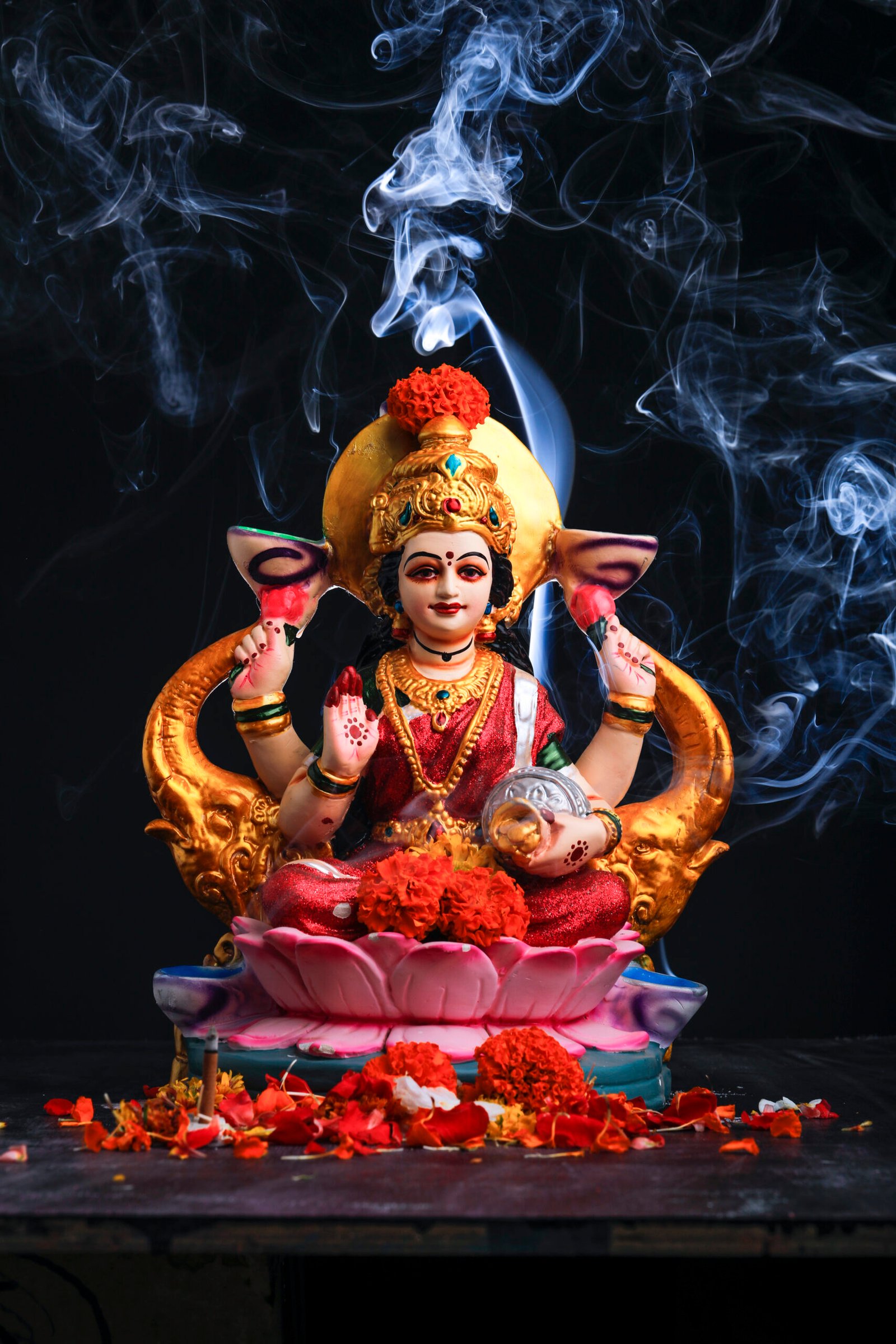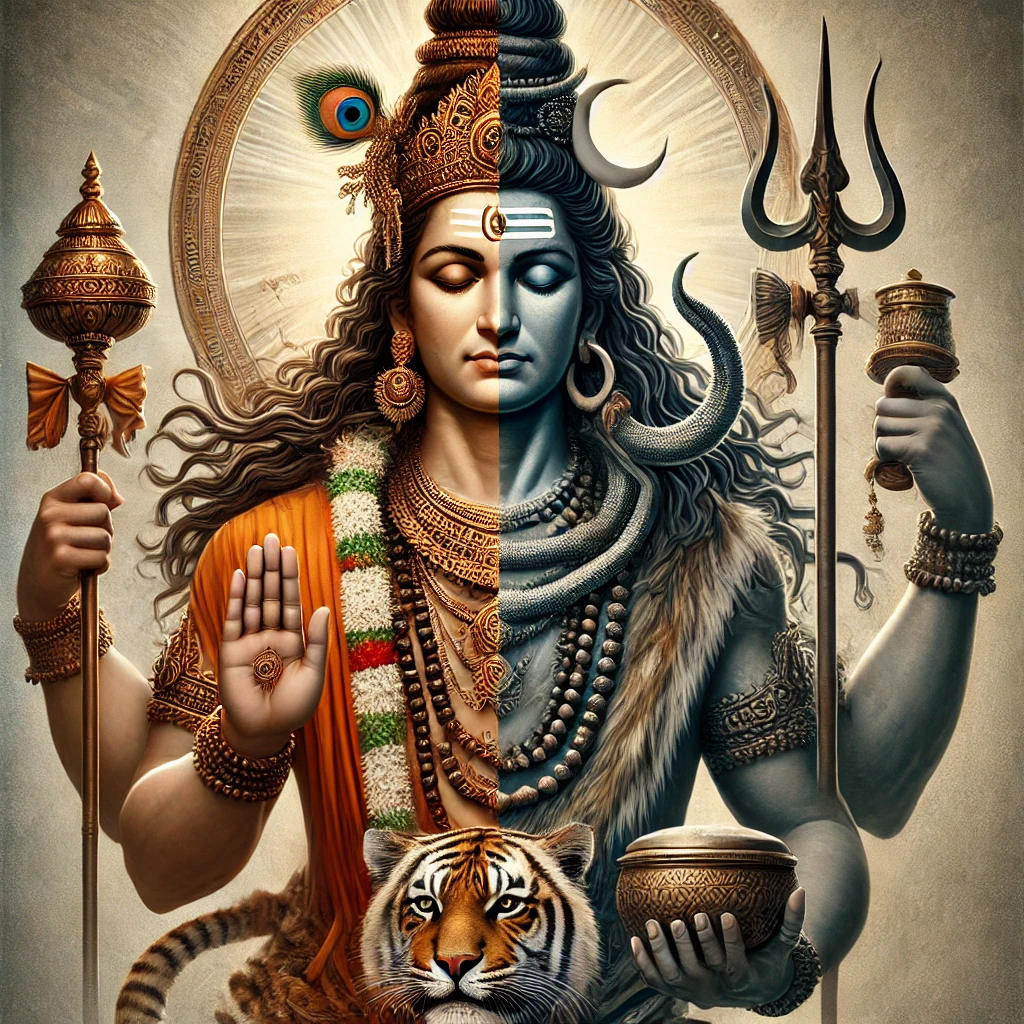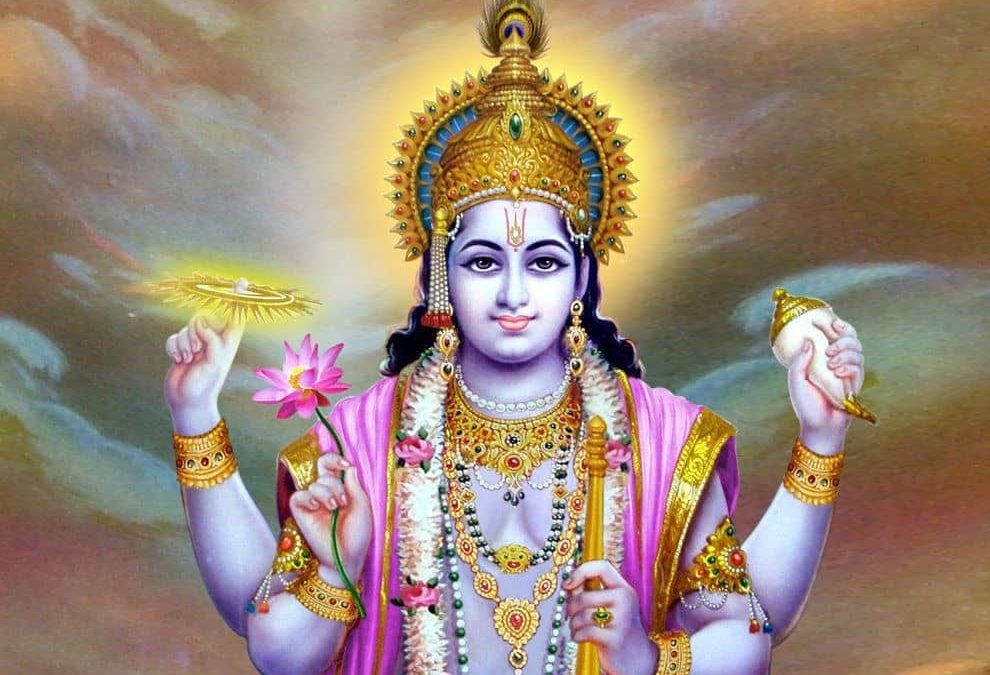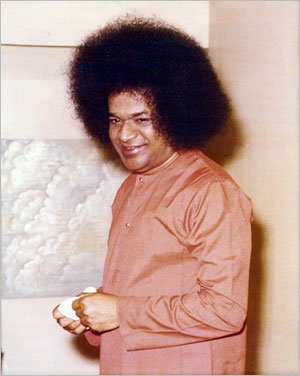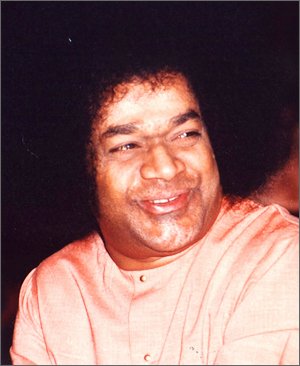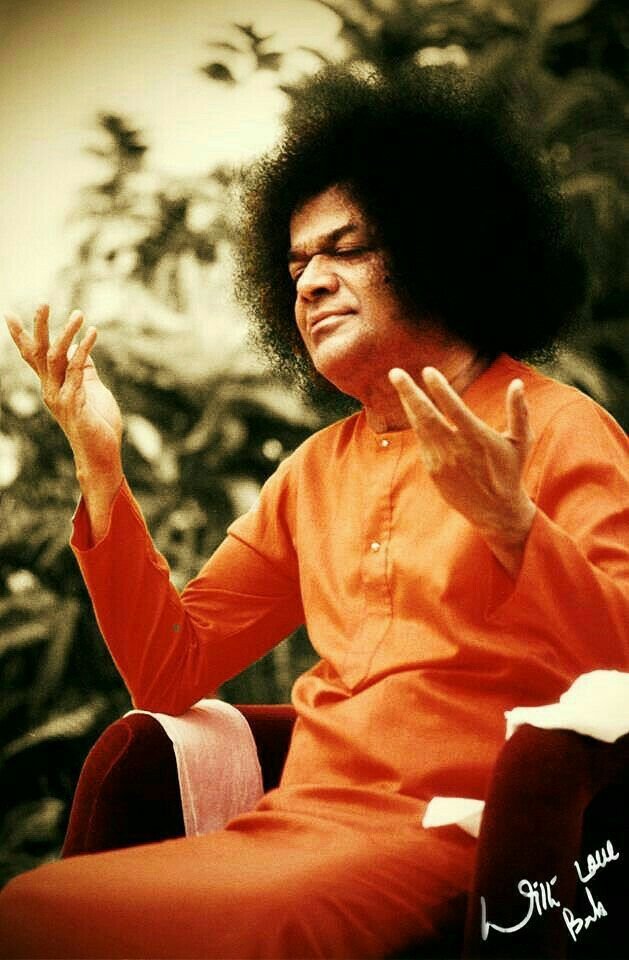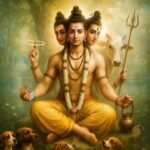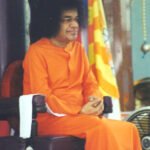Prasnottara Ratna Malika Book
Prasnottara Ratna Malika
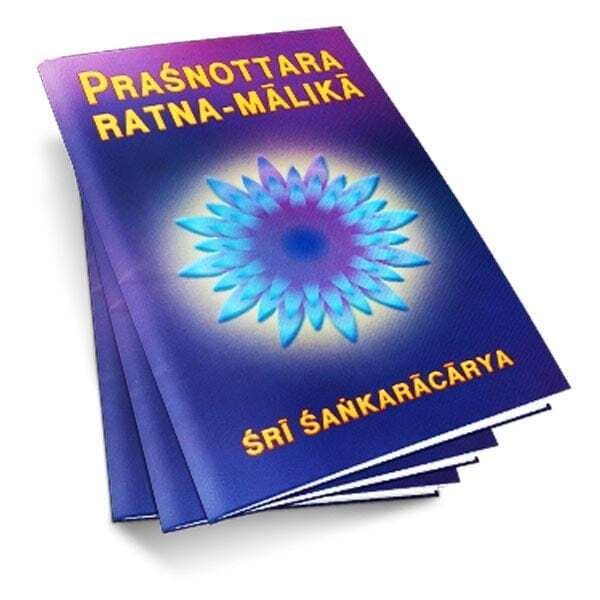
Prasnottara Ratna Malika, meaning “A Garland of Jewel-like Questions and Answers,” is a revered Sanskrit text attributed to the great philosopher and spiritual teacher Adi Shankaracharya. This concise and insightful work presents essential spiritual and ethical teachings in the form of questions and answers, making it accessible, clear, and highly practical.
Composed in simple yet profound language, the text is structured as a series of direct questions (prasna) followed by succinct, wise answers (uttara), much like a catechism in the Hindu tradition. The text touches upon a wide range of topics, from ethics and devotion to knowledge and liberation, offering timeless guidance for anyone seeking truth and a righteous life.
Structure and Purpose
The question-and-answer format serves both pedagogical and meditative purposes. It allows readers to engage with each topic reflectively and contemplate the meaning of each answer deeply. Unlike abstract philosophical treatises, this text is more practical and personal, offering direct instructions for living a spiritually meaningful life.
The “ratna malika” or “garland of jewels” metaphor suggests that each question-answer pair is a gem — valuable, self-contained, and illuminating.
Core Themes
- Moral and Ethical Living
The text emphasizes dharma (righteous conduct) as the foundation of life. It answers questions such as:
“What is virtue?” – “Compassion toward all beings.”
“Who is a noble person?” – “One who does good even to those who harm him.” - Spiritual Qualities
The qualities of a true seeker are highlighted: humility, contentment, self-control, and detachment. These are described as the necessary attributes to progress on the spiritual path. - Knowledge and Ignorance
The text distinguishes between worldly knowledge and Self-knowledge (Atma Jnana). It teaches that ignorance of one’s true Self is the root cause of bondage, and that liberation comes through realizing one’s identity with Brahman, the Absolute. - The Role of a Guru
The importance of a spiritual teacher is emphasized. The guru is seen as essential in guiding the seeker from ignorance to knowledge, and from bondage to liberation. - Devotion (Bhakti)
While Advaita Vedanta emphasizes non-dual knowledge, this text beautifully balances it with bhakti — devotion to God. It says that constant remembrance of God, humility, and surrender are crucial for inner purification. - Liberation (Moksha)
The ultimate goal of life is liberation from the cycle of birth and death. The text defines liberation as abidance in one’s true nature, which is pure consciousness, beyond body and mind.


